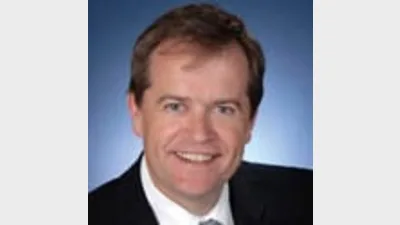Consensus needed on superannuation reform: Shorten



 Speaking at the Association of Superannuation Funds of Australia (ASFA) national conference, Minister for Financial Services and Superannuation Bill Shorten stressed the importance of not taking legislation to Parliament before an industry consensus has been formed.
Speaking at the Association of Superannuation Funds of Australia (ASFA) national conference, Minister for Financial Services and Superannuation Bill Shorten stressed the importance of not taking legislation to Parliament before an industry consensus has been formed.
He said that his regulatory reforms to the superannuation industry were the result of "robust negotiations and compromise", a process that he conceded could sometimes lead to complexity.
"The story of Australia is one of pragmatism, not ideology. Where there's compulsory savings ... the stewards of the money have an obligation to force down fees and charges and work towards better performance," he said.
However, he added that various sectors of the superannuation industry had been "worrying about perceived advantages in terms of distribution that another sector might have" rather than focusing on the overall goal of reforming the system.
In particular, he was disappointed by the constant "sniping" between industry super funds and retail funds. He added that there was general support for the Future of Financial Advice reforms, with the exception of "a few rogue planners".
But there was a general consensus that if the superannuation guarantee (SG) was to be increased to 12 per cent, the efficiency and equity of the system would have to improve, Shorten said.
The increase to the SG would put Australia in the box seat globally when it came to retirement savings, he said.
Recommended for you
Australia’s largest super funds have deepened private markets exposure, scaled internal investment capability, and balanced liquidity as competition and consolidation intensify.
The ATO has revealed nearly $19 billion in lost and unclaimed super, urging over 7 million Australians to reclaim their savings.
The industry super fund has launched a new digital experience designed to make retirement preparation simpler and more personalised for its members.
A hold in the cash rate during the upcoming November monetary policy meeting appears to now be a certainty off the back of skyrocketing inflation during the September quarter.









